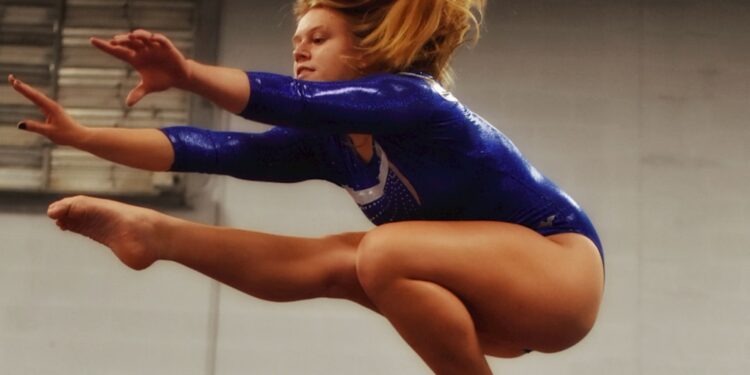Athletes are constantly pushing their bodies to the limit in order to achieve peak performance and improve their skills. However, something that is often overlooked in the world of sports is the importance of sleep in athletic recovery. While athletes may focus on their training regimes, nutrition, and physical therapy, getting enough quality sleep is crucial for optimal performance.
Sleep is a necessary component of the body’s recovery process, allowing muscles to repair and grow, energy levels to be restored, and cognitive functions to be sharpened. Without sufficient sleep, athletes may find themselves struggling to perform at their best, experience increased risk of injury, and have difficulty recovering from intense workouts or competitions.
One of the key ways that sleep contributes to athletic recovery is through the production of growth hormone. During deep sleep, the body releases growth hormone, which plays a crucial role in repairing and building muscle tissue. This hormone is vital for muscle growth, repair, and recovery after intense physical activity. Without enough sleep, the body’s ability to produce growth hormone is compromised, leading to slower recovery times and decreased performance.
In addition to the impact on muscle growth and repair, sleep also plays a role in the body’s ability to store glycogen, which is the primary source of energy for muscles during exercise. Research has shown that sleep deprivation can lead to decreased glycogen stores, resulting in decreased stamina and endurance during physical activity. This can have a negative impact on an athlete’s performance, making it harder to push through intense workouts or compete at a high level.
Moreover, lack of sleep can also affect an athlete’s immune system, leaving them more susceptible to illness and injury. During sleep, the body releases cytokines, which are proteins that help the immune system fight off infections and inflammation. Without enough sleep, the body’s ability to produce these cytokines is compromised, leading to an increased risk of illness and slower recovery times from injuries.
Furthermore, sleep plays a crucial role in maintaining cognitive function, which is essential for quick decision-making, focus, and coordination on the field or court. Studies have shown that sleep deprivation can lead to decreased reaction times, impaired decision-making, and reduced cognitive function, making it harder for athletes to perform at their best. In order to excel in their sport, athletes need to be able to think quickly and clearly, which is why getting enough quality sleep is essential for optimal performance.
So, how can athletes ensure they are getting enough sleep to support their recovery and performance? Here are some tips for improving sleep quality:
1. Establish a consistent sleep schedule: Going to bed and waking up at the same time every day can help regulate your body’s internal clock and improve the quality of your sleep.
2. Create a relaxing bedtime routine: Engaging in calming activities before bed, such as reading, taking a warm bath, or practicing deep breathing exercises, can help signal to your body that it’s time to wind down and prepare for sleep.
3. Create a comfortable sleep environment: Make sure your bedroom is conducive to sleep by keeping it cool, dark, and quiet. Investing in a comfortable mattress and pillows can also improve your sleep quality.
4. Limit exposure to screens before bed: The blue light emitted by screens can interfere with your body’s production of melatonin, the hormone that regulates sleep. Try to limit screen time at least an hour before bed to improve your sleep quality.
5. Stay active during the day: Regular exercise can help improve the quality of your sleep, but be mindful of the timing. Exercising too close to bedtime can make it harder to fall asleep, so aim to finish your workout at least a few hours before bed.
In conclusion, sleep plays a vital role in athletic recovery and performance. By prioritizing sleep and making it a priority in their training regimen, athletes can improve their muscle growth and repair, energy levels, cognitive function, and immune system. Whether you’re a professional athlete or a recreational sports enthusiast, getting enough quality sleep is essential for achieving peak performance and excelling in your chosen sport. So, make sure to prioritize sleep in your training regime and see the positive impact it can have on your athletic performance.















